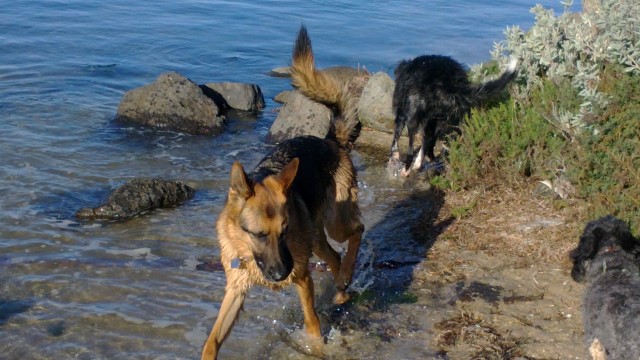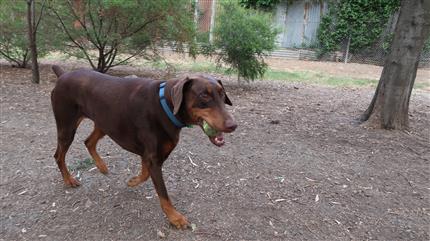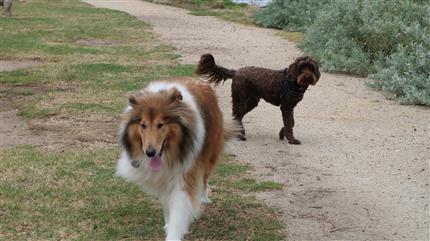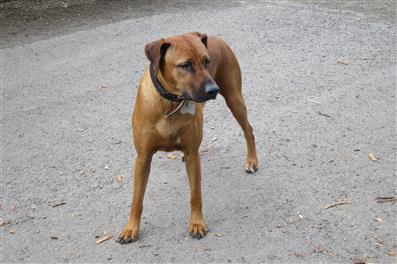Dog training courses talk about dog social behavior, but cant teach it
Dog training and dog social behavior
This article follows one of the major modules in many dog training courses.
Before delving too deeply into the topic of dog social behavior, I should remind you that it is not specifically connected with a recent topic I wrote about “social structure in dogs”.
That topic is to do with who is leader, or if there is a leader, and how that might impact dog training and the wellness of a dog. Social behavior could be considered a much softer topic. In so much as their isn’t as much controversy surrounding it based on whether or not trainers are being paid some big money to sell their opinion about it.
Coming from LA LA land (LA CALIFORNIA) has its advantages and disadvantages when I talk about dogs. Unlike dog trainers in NY New York, who concentrate on behavioral issues of owners and dogs from being cooped up in Apartments, you might think that LA has some wide open spaces and great parks to take dogs, and with excellent weather, surely social dog behavior should be an easy topic.
Well David has got news for you …
Owners are just as over or under involved with their dogs in California as they are anywhere in the world!
Merck manuals say that dog ” relationships with people are not established by dominant/submissive social signalling; they are a result of genetics, early handling, and socialization and shaped by learning and consequences.”
However dog social behavior is really about dogs relating to other dogs.
As a dog trainer, dog behaviorist or dog walker, what you really want to have is a dog that is at least manageable with you, but fantastic with other dogs. It is great if a dog seem to LOVE you, but that is usually ego based and human projections. The jury is still out on how much a dog can love a human or any other species, and how much we read into their behavior. After all it was their bonding with humans as wolves, and evolution into dogs to survive as a life form that got humans to think so much of them in the first place, we believed from the ‘get go’ that they loved us “unconditionally”.
Like Jack Nicolson’s character once said maybe its a case that “you can’t handle the truth”.
Once an owner gets their head around a dog being a wolf in domesticated clothing, and that to truly love a domestic dog, is to give them adequate exercise, great nutrition, and boundaries .. then we can focus what we get out of the relationship. Unfortunately many people in LA, even the most well intentioned, actually never know enough about companion animals to actually understand what it is that dogs need to be happy.
And above all, happiness is achieved through allowing social contact daily with other social dogs!
Yes, your dog needs to be social enough to HANDLE this contact, but that is the job of you, and regular building up, then exposing to social situations for your dog.
In the next blog/ article I will look a little more at what social behavior is and how to get it and why it is so simple but vitally important for your dog.
This is NOT Dog training 101, but it should be. It doesn’t matter how highly trained a dog is, if it is not social, then its own experience in this life will be greatly diminished as will yours. Your dog needs a minimum level of dog training to be acceptable in society, but is its social skills (social behavior), including friendliness with all species (well not always cats and vermin that it evolved to chase and sometimes eat), that defines a dog’s happiness.



